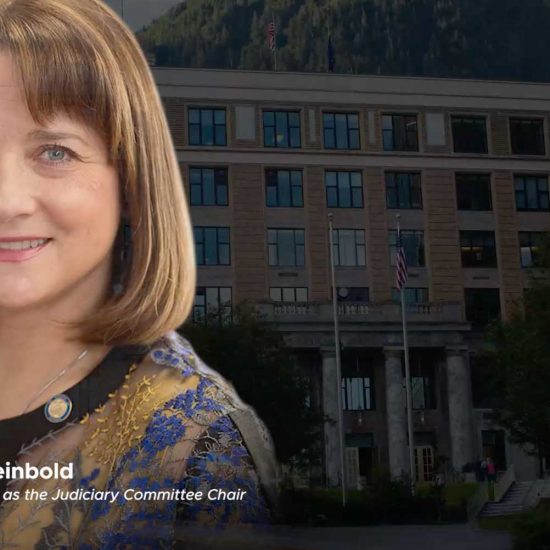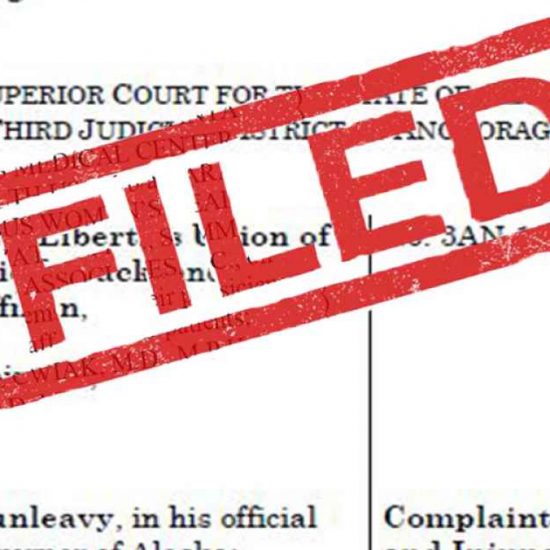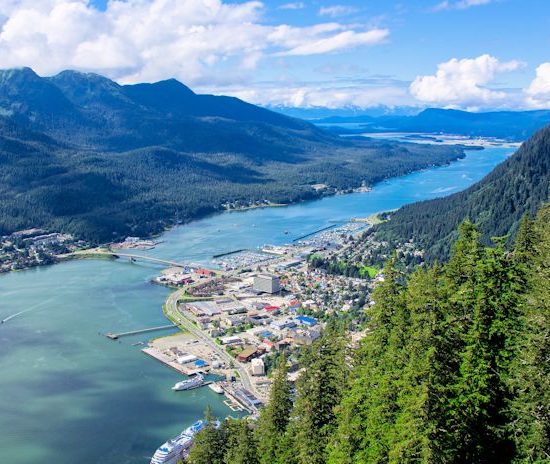
In 1976, under Article 9, Section 15 of the Alaska Constitution, the Alaska Permanent Fund was established. Oil revenue was flowing to the State and was beginning to be used to pay for Alaska’s government. In fact, many Alaskans immediately recognized the Legislature had too quickly and frivolously spent the initial $900 million bonus Alaska received in 1969 from the initial oil field leases.
It was abundantly clear that a means to “save” some of this revenue for future generations should be an integral part of managing our state. The fiscal mismanagement of the 6th Legislature, which included many prominent political names, and Governor Miller, identified the prudence of removing oil revenues from legislative control and into the hands of the people.
Oil is not a revenue stream, it is a fixed asset; once sold or monetized, the asset is gone forever. Thus, the creation of a fund had to include not only a means to pay for government then and in the future, but also a way to create a “savings account” dedicated to future generations when they no longer had oil as a resource.
This was the genesis of the Permanent Fund (PF); a “fund” which would contain at least 25% of the oil sales in an investment account which would eventually grow large enough to take the place of oil revenues as the North Slope fields were exhausted.
The first money for this fund, then managed by the Department of Revenue, Treasury Division, began flowing into State coffers in 1977. In 1980, the Alaska State Legislature created the Alaska Permanent Fund Corporation (APFC) to manage this burgeoning wealth. Each year, the Fund’s realized earnings are split between inflation-proofing, operating expenses, and the annual Permanent Fund dividend.
The dividend is a fraction of a fraction of the Permanent Fund, mineral lease rentals, royalties, royalty sales proceeds, federal mineral revenue sharing payments, and bonuses received by the State and set aside for the Permanent Fund. The dividend was envisioned to have two main functions: 1) To give all Alaskans a chance to share in the mineral wealth relinquished in exchange for acceptance as the 49th state by Congress; and 2) To give the people a heads-up when a legislature went after the money in the Permanent Fund. A militant ring of Alaskans would notice when a legislature went after the PFD, and they could raise a ruckus because it would put us all on notice that the Fund itself was next. The goal of those aligned against a full PFD or even a constitutional formula is to disarm that militant ring protecting the Fund.
Once the account that funds the PFD is emptied, the Fund balance will be the next target. Those inclined to follow this path aren’t trying to protect the Fund for you, but rather are trying to protect it from you.
Since inception, the PFD was always transferred to the Alaska’s General Fund through an historic formula which included the above-mentioned royalties, as well as Permanent Fund earnings for all Alaskans. This formula worked for decades.
In 2018, Governor Walker and the 29th Legislature, in one of the largest legislative mistakes in Alaska’s history via Senate Bill 26, removed a portion of the inheritance due, by law and constitutional preference, from every Alaskan man, woman, child, and future Alaskan. They did so, generally, by changing the word “transfer” to “appropriation” in many parts of Alaska Statute Title 37.
This unconscionable theft of Alaskans’ dividends was largely unnoticed by until Governor Walker announced the reduced dividend. There were few hearings on SB 26 and the public’s input went largely ignored by local and state policymakers, more than a few of whom are still in office today.
This brings us to where we are today.
I have always believed in a full statutory PFD and paying Alaskans back for what was removed from their share of the oil and natural resource wealth. Unfortunately, Juneau’s political elite will not allow reimbursement. We are called “greedy” by some legislators who want the dividend for their piggy bank, and “socialists” by those who think giving you back a slice of what is yours is “free money.”
While there have been many compromises and capitulations in past years, with the public grudgingly accepting less than a full PFD, it has now fallen upon the 32nd Legislature to fix this issue once and for all. We need to put the PFD discussion to bed forever. We need to put it in Alaskan’s hands. It is, however, a battle between legislators who think the dividend is their piggy bank and those of us who believe you, the public and the voter, knows best how to spend your money.
To that end, we have been forced to take some drastic steps (some say the only steps we have) to help the elite see things your way.
There is no right way to do a wrong thing. Juneau softens your voice to a whisper. We are determined that your voices be heard. This will be ugly, but necessary, so buckle up!
——————————–
Representative Kevin McCabe represents House District 8 in the Mat-Su Borough (Meadow Lakes / Knik-Fairview / Big Lake / Point MacKenzie) in the Alaska State Legislature.










Brett / June 23, 2021
Let’s join together and stop the FRAUD!
/
Brenda Hewitt / June 25, 2021
Interesting train of thoughts you’ve shared and I appreciate understanding how you came to your advocacy of a larger dividend payment. While I disagree with your conclusion, I appreciate hearing your thoughts. As a life long Republican, I think it’s odd that we would push for a larger dividend (which by the way is taxed as income) and then turn around and add a tax to the citizens to pay for the services they need/want from government. I enjoy seeing the fund grow and am pleased that we now fund more of those services through earnings from the fund, than from natural resource extraction. Just as I hope my retirement funds grow to help support me as I age. I believe taking more money out now is short-sighted.
/